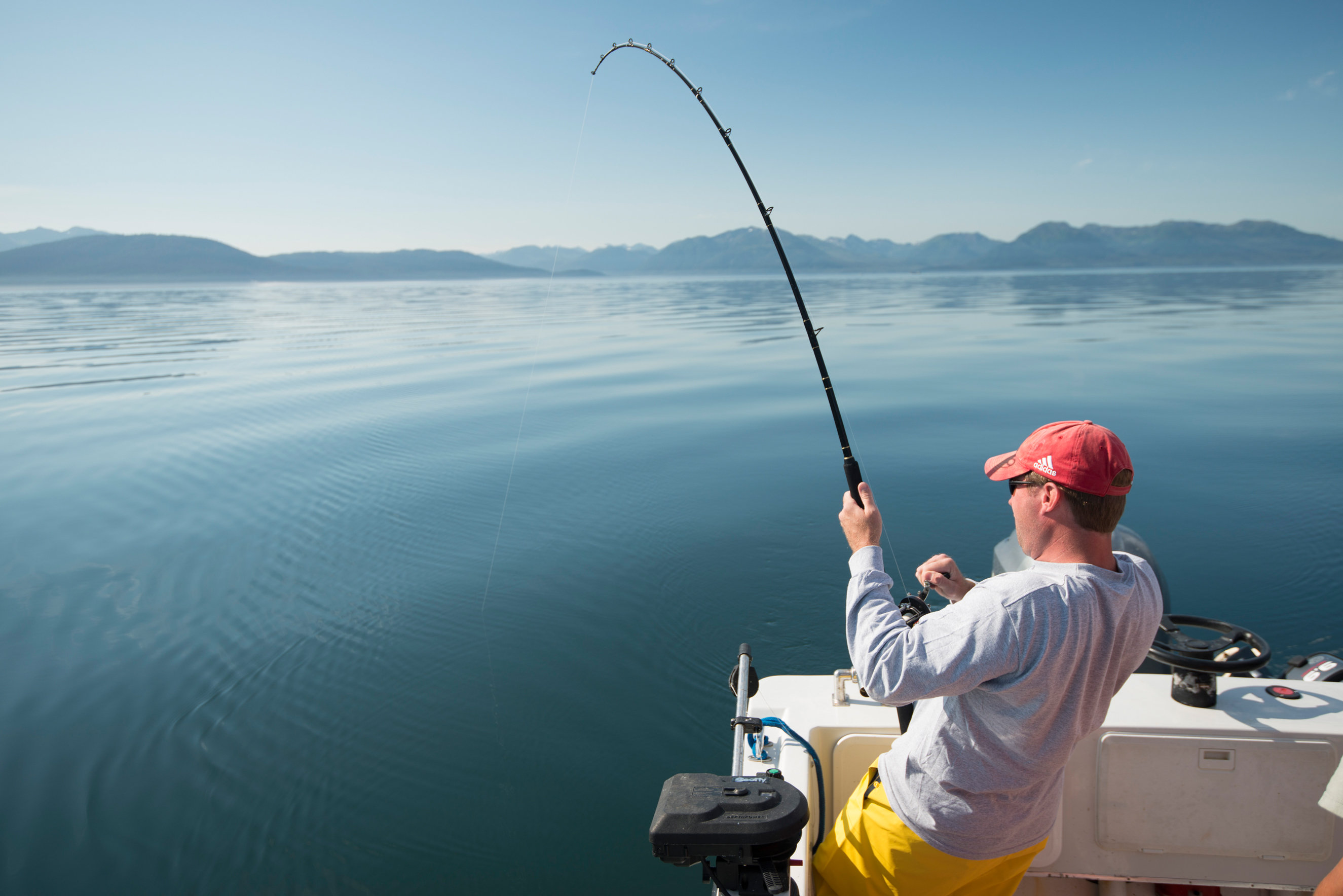Alaska is a fishing paradise. The state offers some of the best salmon, halibut, and trout fishing in the United States. If you are looking for an unforgettable Alaska fishing vacation, here are Alaska guided fishing trips and tips to help you get started.
1) Plan Your Trip Carefully
If you plan your Alaska fishing vacation carefully, you’ll have a better time and catch more fish. Remember that Alaska fishing is a seasonal activity, so plan accordingly. It’s also very important to be flexible with your plans, as Alaska’s weather can change quickly. Plan the best time to fish in Alaska and the date of your trip around the best weather conditions, and keep an eye on the forecast as you get closer to your departure date.
The best Alaska fishing vacation is usually during the summer months when it’s warmer, and there are fewer bugs than at other times of the year. The peak of the season is from mid-June through September, but depending on where you go, local regulations may limit when you’re allowed to fish in certain bodies of water.
Also, remember that some areas are better for fly fishing and others for saltwater fishing. The difference between the two is that fly fishing involves using artificial flies tied onto a line (usually made from silk), while saltwater fishing uses live bait (like fresh anchovies or herring).
2) Book A Good Hotel Room
You’ll spend a lot of time in your Alaska fly fishing lodges, which depends largely on the quality of the space. Before booking, ask about amenities and look at pictures of the rooms (if available). Some hotels (eg: Alaska rainbow lodge or silver king lodge Alaska) have special packages, too. If you’re looking for a fishing vacation, be sure to ask if there’s a fly-fishing guide on site or if there are local guides who can take you on an excursion. Having these kinds of resources available for guests is key to ensuring you can get out on the water as soon as possible.
3) Pack Smartly
When you’re heading out to Alaska for a fishing vacation, there are some things you should pack that may not seem obvious. First, keep in mind that the weather can change very quickly. If you’re going in the summer, make sure to pack plenty of rain gear and plan on staying dry. If you’re going in the winter, make sure to bring a warm coat and have a good pair of boots handy. You’ll also want to pack plenty of sunscreen and bug spray—Alaska is known for its mosquitos, which can be quite pesky.

It’s also helpful to know how to identify plants around your area. Alaska is known for its beautiful scenery, but it’s also full of poisonous plants. Do some research before you go so you’ll know what precautions to take while on your trip.
4) Make Sure You Have The Right Equipment And Clothing
When you’re planning a fishing trip, it’s easy to focus on the destination, but make sure to take care of all the details along the way. If you don’t have the right equipment or clothing, your trip will be less enjoyable and more work than it should be. Here are some suggestions that will help you be prepared:
A well-fitted hat is essential—if your head gets cold, you’ll shiver more and will likely get sick faster. A good hat can also prevent sunburn and help protect you from bugs.
The right shoes are important for your feet too—boots that are too tight can rub blisters onto your vulnerable skin, and lighter shoes won’t protect you against sharp rocks or tangle with fish hooks.
Remember to bring a full change of clothes in a waterproof bag so that if you get wet, you can stay warm and dry until you can get back to camp. If it rains, a raincoat will keep you warm and dry too.
As for what to wear on the boat itself, some people prefer a wetsuit for its warmth, while others find a pair of cotton pants with built-in booties works just fine.
5) Make Sure You Have The Right Licenses
Make sure you have the right licenses for Alaska fishing before you go. It’s easy to think that because you’re only going to be there for a few days, or maybe even just a few hours; you don’t need multiple licenses to fish in Alaska. After all, it’s not like you’ll stay in Alaska long and have time to fish in more than one spot.
You’d be wrong. While it is true that many people don’t stay in Alaska long enough to have time to fish in more than one location, the actual license you need is determined by the area where you plan to fish. For example, if you’re looking to fish for the best salmon fishing in Alaska or salmon at Lake Tazlina, then the area requires an additional license for king salmon fishing.
The same thing applies to halibut fishing in Homer: if you want to catch halibut on your trip, then you’ll need a separate license from the one required for catching king salmon.


